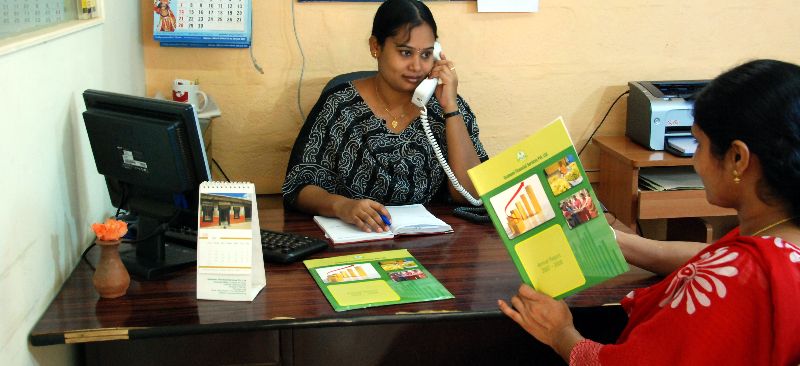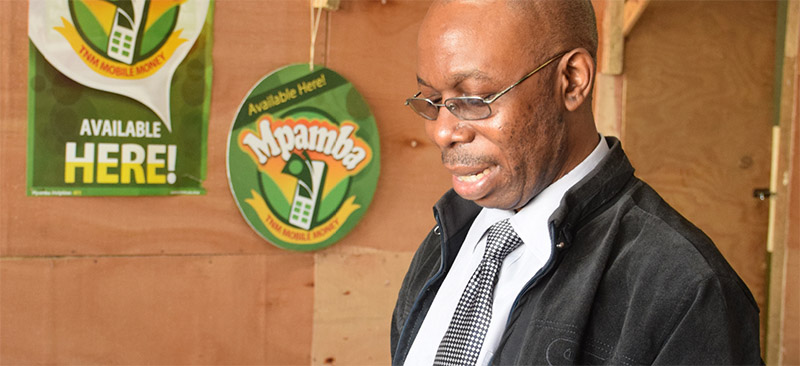In this video Richard Rosenberg, consultant to CGAP, discusses how the Compartamos IPO affected investors and competitors, and whether the experience was a singular event or is likely to be repeated. He further explains the existence of social as well as commercial investors of Compartamos and their varied goals. He also discussed the relation between interest rate and profits of Compartamos.
Blog
Moving Towards Savings and Lessons From the IPO Story Part 4
In this video series-4, Carlos Danel, Founder and Co-CEO of Compartamos Bank Mexico discusses the savings strategy of Compartamos and the lessons learnt from the IPO story. For savings, he says traditional model of brick and mortar branch didn’t work for the bank. So the bank focused on technology especially mobile banking to take advantage of the retail space. Still there are challenges ahead on road to branchless banking that the bank is working on not only on technology front but on regulatory front as well, adds Carlos.
Compartamos Leadership during Times of Crisis Part 3
In this video series-3, Carlos Danel, Founder and Co-CEO of Compartamos Bank Mexico discusses the impact of financial crisis on microfinance clients and the strategy Compartamos adopted to counter the crisis and continue its strong growth. Talking about the lessons learnt from the financial crisis, he says during the crisis the main concern was to protect the quality of assets, keeping the funding regular for growth and find ways to deal with increased financial regulations.
Commercialisation of Microfinance in India: Is it all Bad?
With the growing scale of the MFIs, the competition they provide for Government-sponsored SHG programmes and imminent IPOs from SKS, Share and Spandana, the Government and RBI, are showing growing signs of disquiet. The commercialisation of Indian microfinance has allowed a massive increase in outreach and expansion of credit to the poor in India, at rates of interest that are (by world standards at least) relatively modest … but there are many that wish that the path to growth had been more moderate, controlled, patient and focused on the double bottom-line.
Mobile Payments – Rethinking Partnership Strategies?
Almost all mobile payment strategies require a close and complex set of relationships between mobile network operators, banks, reseller agents and payment solution providers. This note explores some of the key issues in defining these partnerships. For MFIs the key opportunity is the emergence, in some markets, of large networks that can be leveraged to transform the operations of a MFI without the need for a “partnership” with the provider.
Compartamos Achievements Outreach and Financial Sustainability Part 2
In this video series-2, Carlos Danel, Founder and Co-CEO of Compartamos Bank Mexico speaks about the link between the growth story and the issue of pricing or the interest rate policy. Talking about the interest rate policy, Carlos says that the policy has remained the same before and after the IPO. He adds that the policy allows skill to drive better efficiency that is to be translated into better pricing for the clients. He further says that the pricing policy has remained stable and has helped in raising the bar within the industry in Mexico.



